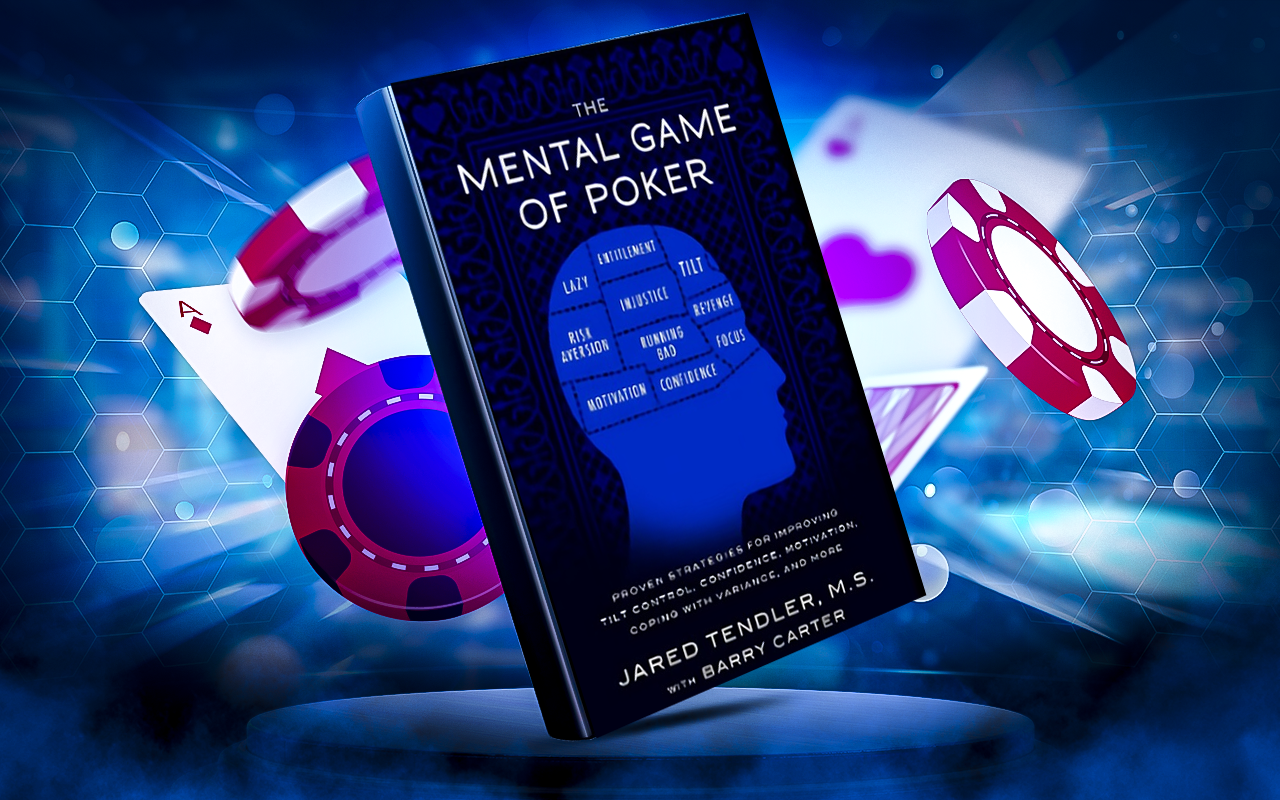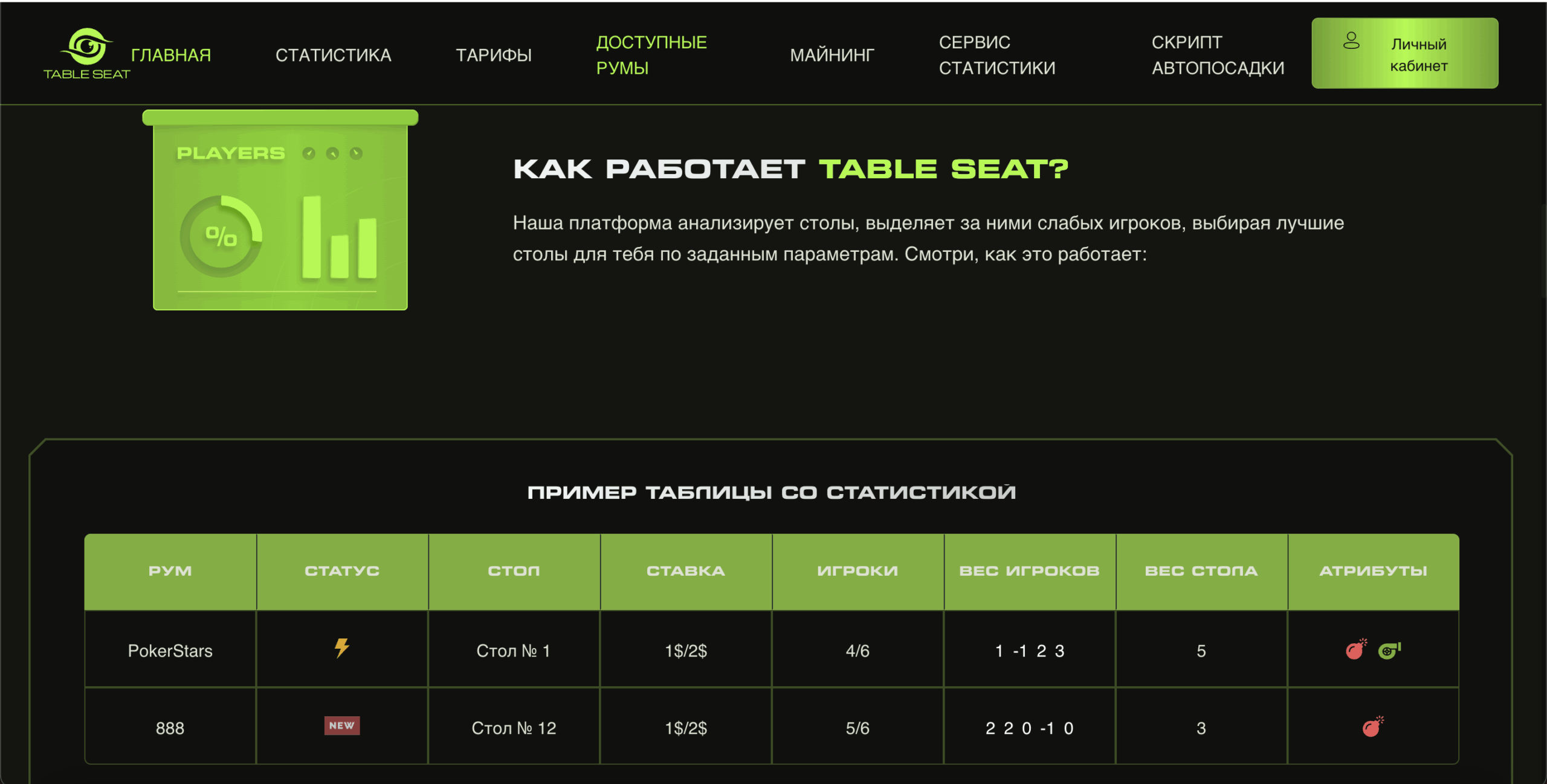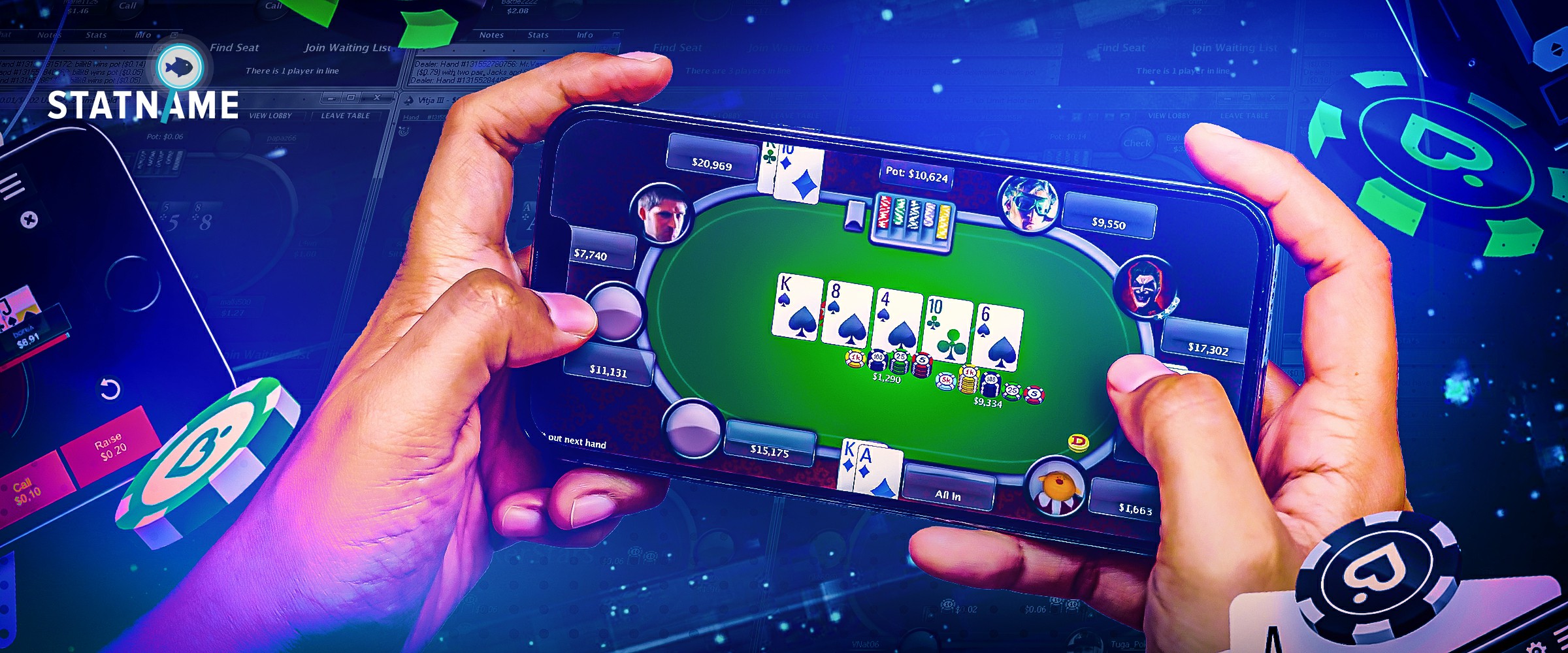Тильт – одна из самых известных психологических ловушек, с которой сталкиваются покерные игроки. Это состояние, при котором эмоции берут верх над разумом, приводя к поспешным решениям и ухудшению качества игры. Чтобы быть успешным в покере, крайне важно уметь распознавать признаки тильта и эффективно с ним справляться. В этой статье мы погрузимся в глубины тильта и научимся бороться с ним на примере методов Джареда Тендлера из книги «Игры разума».
Что такое тильт? 🤯
Тильт возникает, когда вы теряете контроль над эмоциями в ответ на негативные ситуации за покерным столом. Проявляется это через гнев, разочарование или даже отчаяние. Любой игрок может оказаться в этой ловушке, независимо от уровня мастерства. Главная проблема тильта заключается в том, что вы начинаете принимать решения, основанные на эмоциях, а не на логике.
Тендлер делит тильт на несколько типов:
- Классический тильт: гнев от проигрыша раздачи, особенно когда вас «переехали».
- Тильт несправедливости: ощущение, что игра «несправедлива» к вам.
- Победный тильт: чрезмерная уверенность после выигрыша, что приводит к неосторожной игре.
Почему тильт опасен для вас? ⚠️
Когда вы впадаете в тильт, вы перестаете видеть игру объективно. Вы можете недооценить силу рук оппонентов или переоценить свои шансы на успех. В моменты тильта многие игроки начинают играть более агрессивно или, наоборот, слишком осторожно, что снижает их шансы на успех.
Пример: Представьте, что вас переехал фиш на ривере с карманными двойками против вашего натсового флеша. Вас это выводит из себя, и в следующей раздаче вы идете в олл-ин с сомнительной рукой, пытаясь быстро отыграться. Это классический пример, как эмоции могут ухудшить вашу игру.
Причины тильта 💥
Тильт – это результат накопившихся эмоций и неправильных установок. Вот несколько распространенных причин:
- Ожидание постоянных побед: Если вы верите, что обязаны всегда выигрывать у слабых игроков, каждая неудача будет выбивать вас из равновесия.
- Иллюзия контроля: Многие игроки склонны переоценивать свой контроль над результатом игры, забывая о роли случайности и дисперсии.
- Несправедливость: Когда вам кажется, что игра постоянно идет против вас, это вызывает гнев и желание «доказать свою правоту».
Как справиться с тильтом? 🛠
Чтобы победить тильт, нужно глубже понять его причины и использовать практические стратегии для борьбы с ним. Тендлер предлагает несколько важных шагов:
- Определите источник тильта: Записывайте моменты, когда вы теряете контроль. Это позволит вам распознать, что именно вызывает тильт – переезды, проигрыши от фишей, или просто плохая сессия.
- Пересмотрите свои ожидания: Ожидания, что вы должны всегда выигрывать, создают эмоциональное давление. Примите тот факт, что дисперсия – часть игры, и даже лучшие игроки могут проигрывать.
- Разработайте план реакции: В моменты тильта нужно переключаться на заранее продуманную стратегию. Например, если вы начинаете злиться, сразу же делайте глубокие вдохи или берите короткий перерыв.
- Тренируйте эмоциональный контроль: Как и любое умение, контроль эмоций требует тренировки. Чем чаще вы будете осознавать свои эмоции в реальном времени и работать над их контролем, тем быстрее вы сможете побеждать тильт.
Практическое задание для борьбы с тильтом 🧠
- Запишите последние 3 ситуации, когда вы испытали тильт за покерным столом. Что именно произошло? Какие эмоции вы испытывали?
- Проанализируйте каждую ситуацию: Почему вы впали в тильт? Было ли это связано с ожиданиями, переоценкой контроля или ощущением несправедливости?
- Создайте план действий: Как вы можете изменить свою реакцию в будущем? Как вы будете управлять эмоциями, если подобное произойдет снова?
Заключение 📉
Тильт – это проблема, с которой сталкивается каждый покерист, но ее можно контролировать. Используя стратегии Джареда Тендлера, вы сможете не только справиться с тильтом, но и превратить его в свою сильную сторону. Продолжайте развивать эмоциональную стойкость, и ваши результаты в покере обязательно улучшатся.
Подписывайтесь на наш Телеграм-канал, чтобы не пропустить следующие статьи о психологии покера и эффективных техниках работы над собой.




